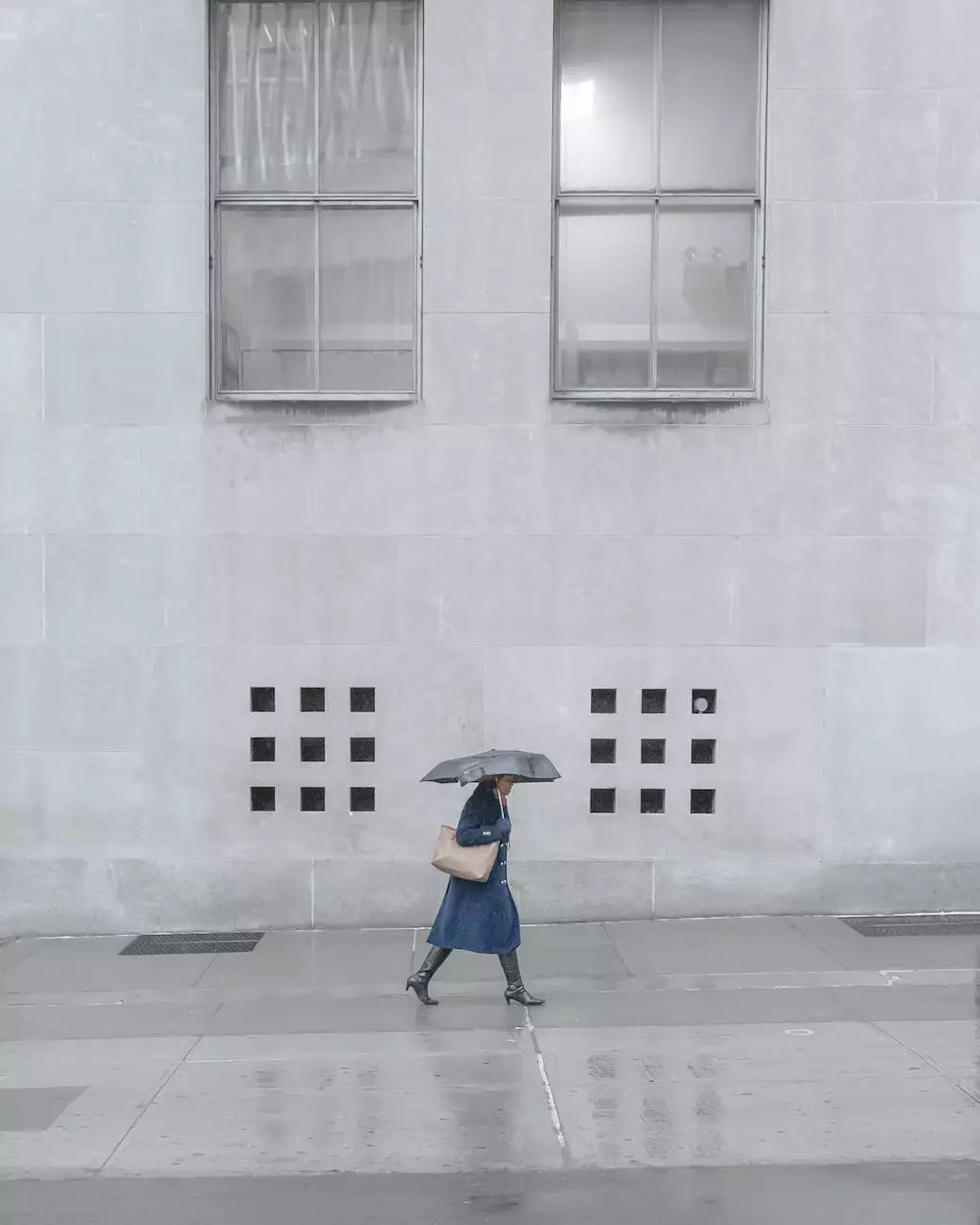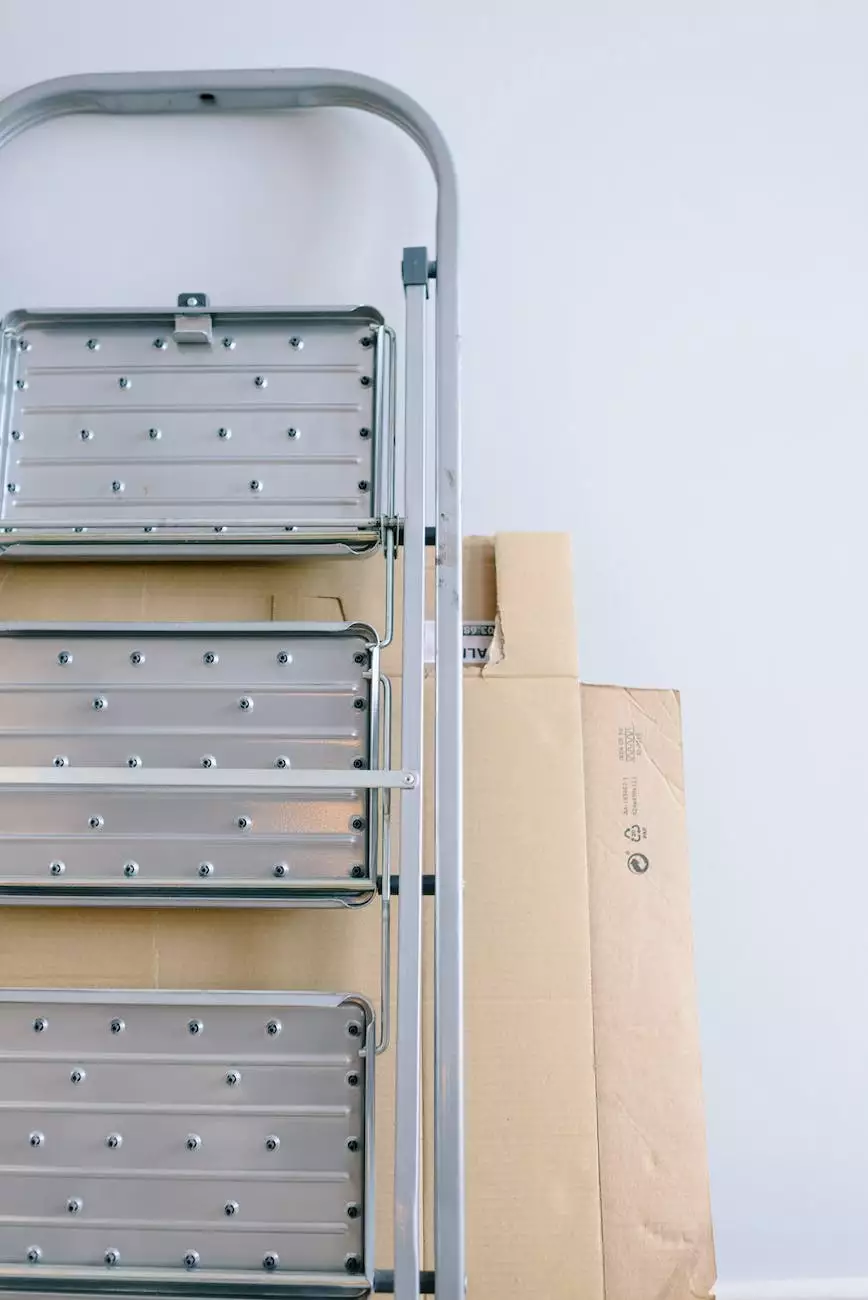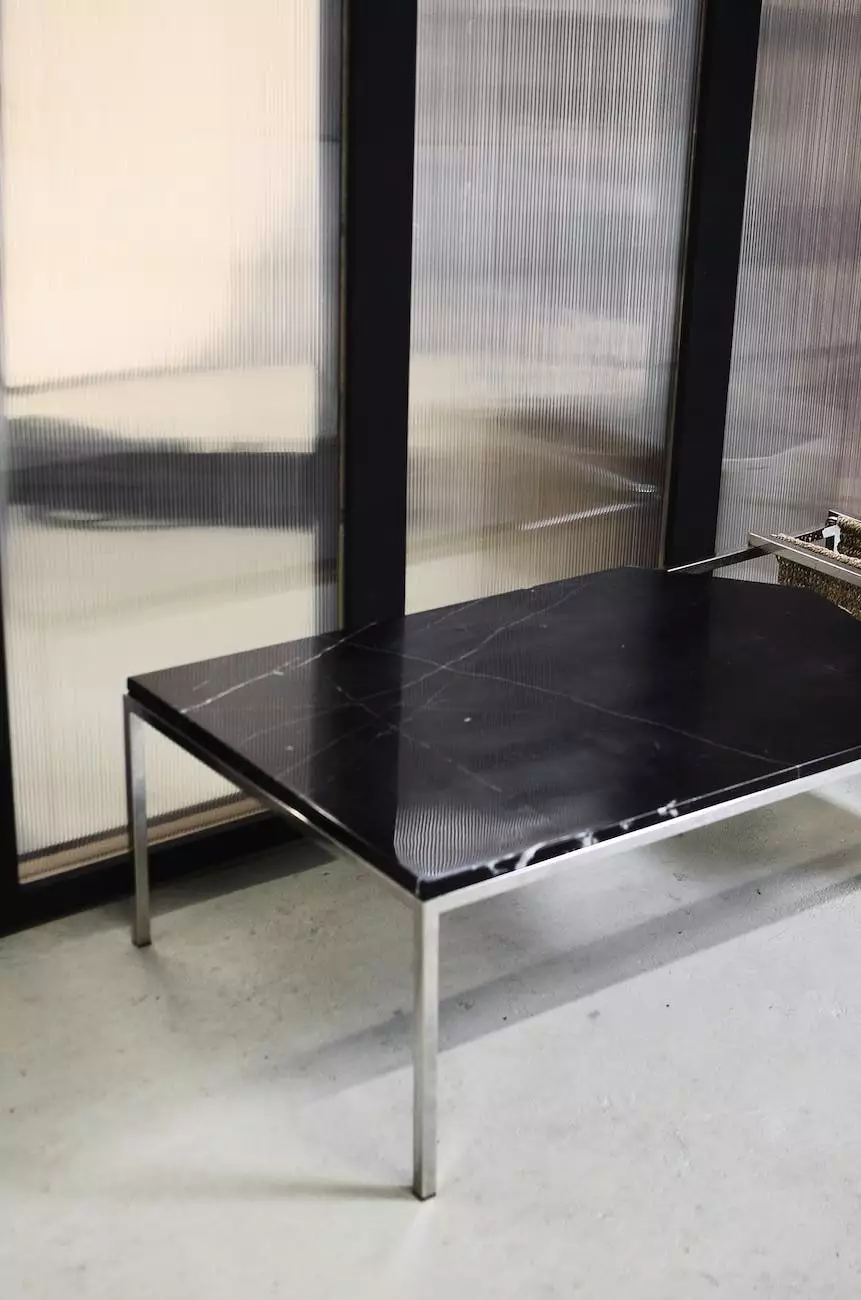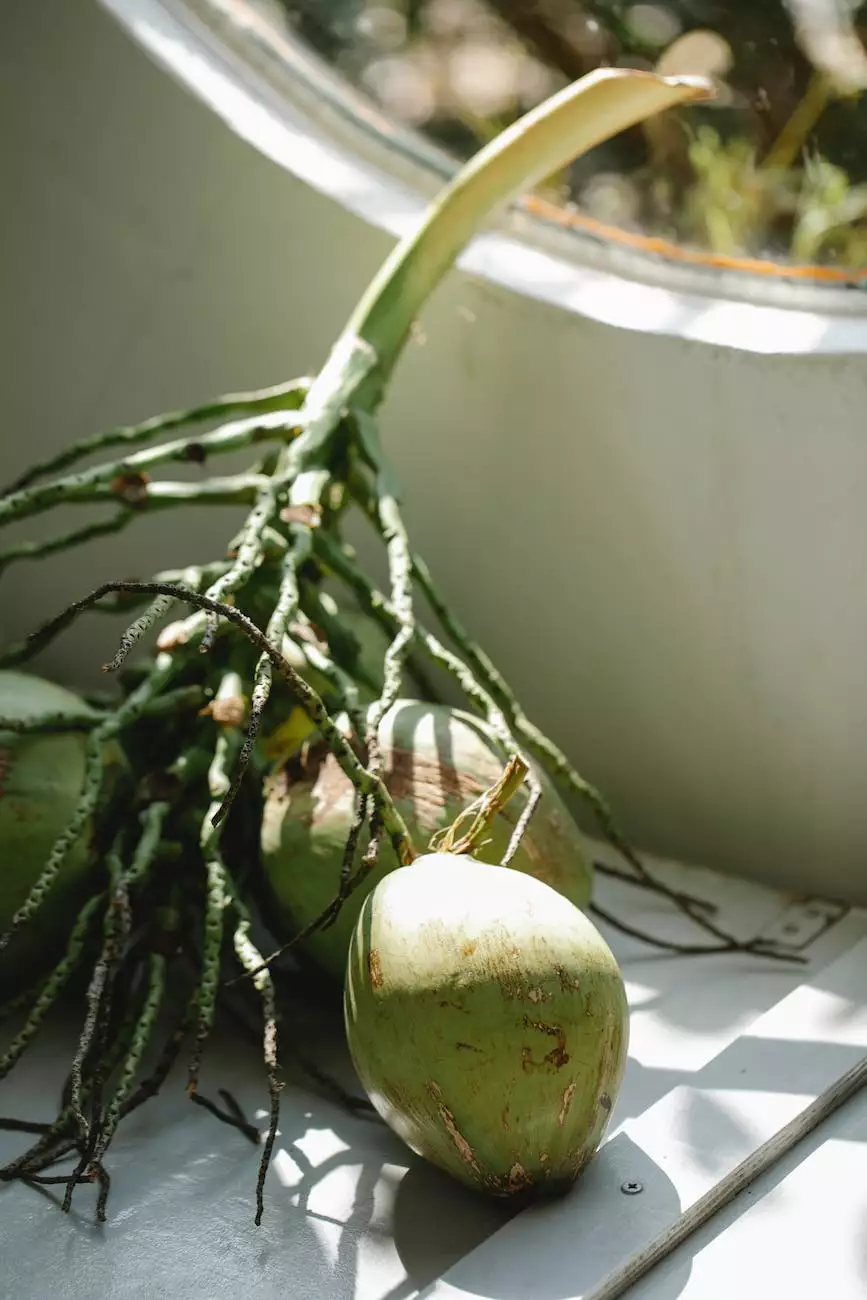Can a Solar Panel Installation Void Your Roofing Warranty?
Roofing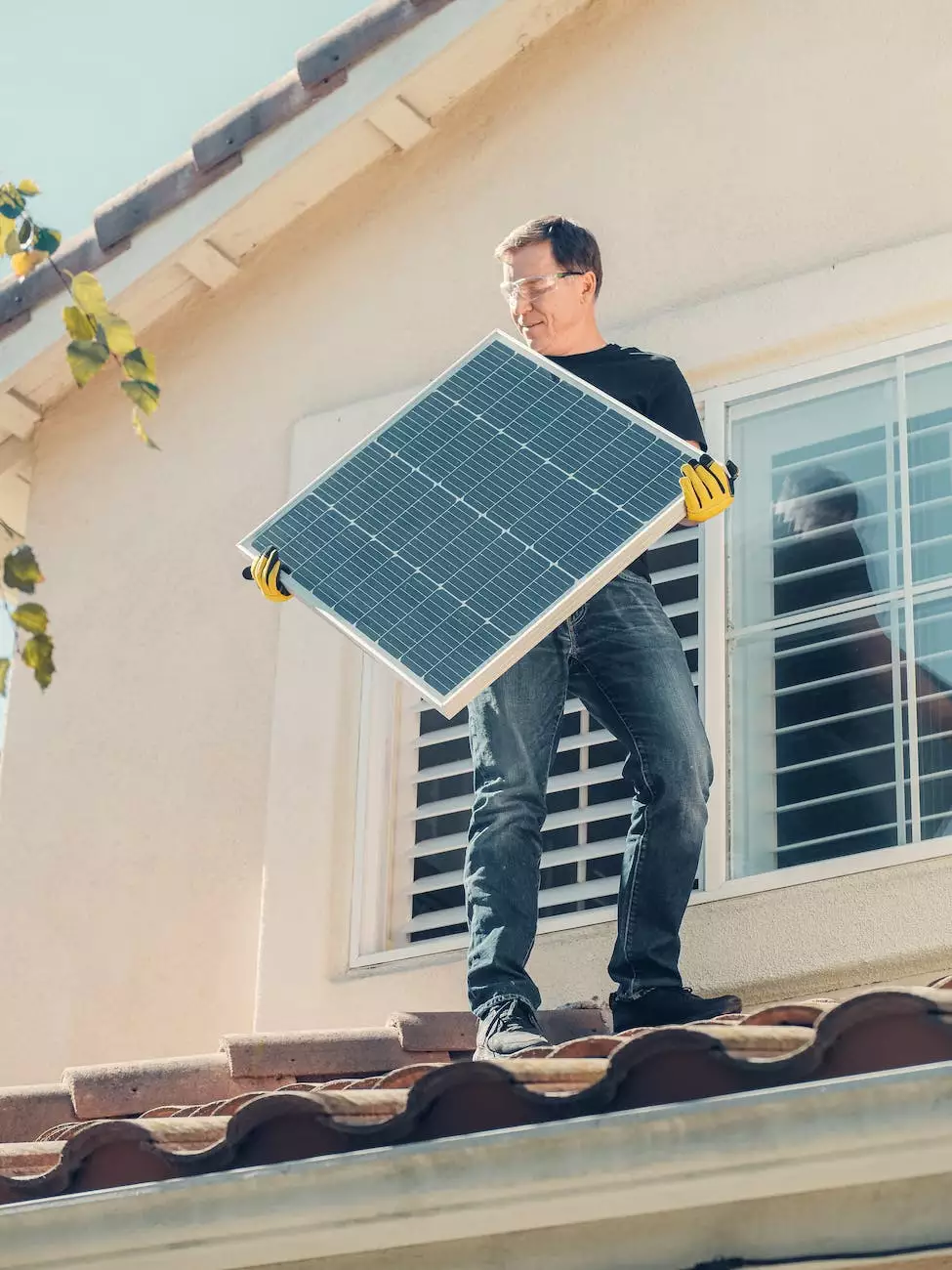
The Impact of Solar Panels on Your Roofing Warranty
As homeowners increasingly turn to solar energy for their power needs, one common concern is whether installing solar panels can potentially void their roofing warranty. It's important to understand the impact of solar panel installations on the longevity of your roof and ensure that you make an informed decision. In this article, we'll address the relationship between solar panels and roofing warranties, providing you with the information you need to protect your investment.
Understanding Roofing Warranties
Before delving into the specifics of solar panels, let's first understand what a roofing warranty entails. A roofing warranty is a type of guarantee that covers defects in materials or workmanship during a specific period. It serves as a reassurance for homeowners that their roofing system is built to last and provides financial protection in case of any issues arising.
Roofing warranties typically vary by manufacturer and can range from 10-30 years or more. They offer coverage for various components, including shingles, underlayment, flashings, and more. However, it's important to review the terms and conditions of your individual warranty as they may differ.
The Relationship Between Solar Panels and Roofing Warranties
While the installation of solar panels can potentially affect your roofing warranty, it doesn't necessarily mean it will void it entirely. The key lies in understanding the guidelines set by your roofing manufacturer and following the specific instructions for solar panel installations.
Some roofing manufacturers have developed specific guidelines for solar panel installations to ensure that homeowners can harness solar energy without compromising the integrity of the roof. By following these guidelines, you can avoid potential conflicts and ensure your warranty remains intact.
Factors to Consider
When considering a solar panel installation, it's crucial to take the following factors into account:
1. Roof Age and Condition
The age and condition of your roof play a significant role in determining whether it is suitable for a solar panel installation. If your roof is nearing the end of its lifespan or has existing issues, such as leaks or structural damage, it's advisable to address these concerns before proceeding with solar panel installation. A solid foundation is crucial to support the additional weight and ensure the long-term durability of both your roof and solar panel system.
2. Installation Techniques
The method and techniques employed during the solar panel installation can significantly impact your roofing warranty. It's crucial to hire an experienced and reputable installer who understands the manufacturer's guidelines and follows industry best practices. This minimizes the risk of any potential damage to your roof and ensures compliance with warranty requirements.
3. Penetrations and Mounting Systems
Solar panels are typically attached to the roof using mounting systems, which require penetrations to secure them in place. Proper installation techniques and sealing methods are vital to prevent water intrusion and potential leaks. It's essential to work with an installer who is knowledgeable in these areas to minimize any risks associated with penetrations and mounting systems.
Navigating the Process
When considering a solar panel installation, it's recommended to follow these steps to protect both your roofing warranty and overall investment:
1. Consult with a Qualified Roofer
Prior to proceeding with a solar panel installation, consult with a qualified roofer who can assess the condition of your roof and provide expert advice. They can identify any potential issues and recommend necessary repairs or maintenance before moving forward.
2. Research and Select a Reputable Solar Installer
Take the time to research and select a reputable solar installer with experience in working with your specific roofing system. Request references, review online testimonials, and ensure they have a track record of successful solar panel installations.
3. Obtain Approval and Permits
Consult local authorities and obtain any necessary permits and approvals before beginning the solar panel installation. Adhering to local regulations ensures compliance and reduces the risk of any future complications.
4. Follow Manufacturer Guidelines
Ensure that the solar panel installation adheres to the guidelines outlined by your roofing manufacturer. These guidelines may include specific instructions for flashing, attachments, and weight limits. Following these guidelines will help protect your warranty and ensure a successful solar panel integration.
Conclusion
In summary, a solar panel installation does have the potential to impact your roofing warranty, but it doesn't automatically void it. By considering crucial factors such as roof age and condition, installation techniques, and following manufacturer guidelines, you can embrace solar energy while ensuring the long-term durability of your roof. Consult with roofing and solar professionals, obtain the necessary approvals, and make an informed decision to protect your home, the environment, and your investment.
Get Professional Assistance
If you're considering a solar panel installation and want expert advice on how it may impact your roofing warranty, D R Kes Concrete is here to help. As a trusted provider of concrete steps in MN, we have extensive experience in roof installations and can guide you through the process. Contact us today for a consultation and let us help you make the right choices for your home.

